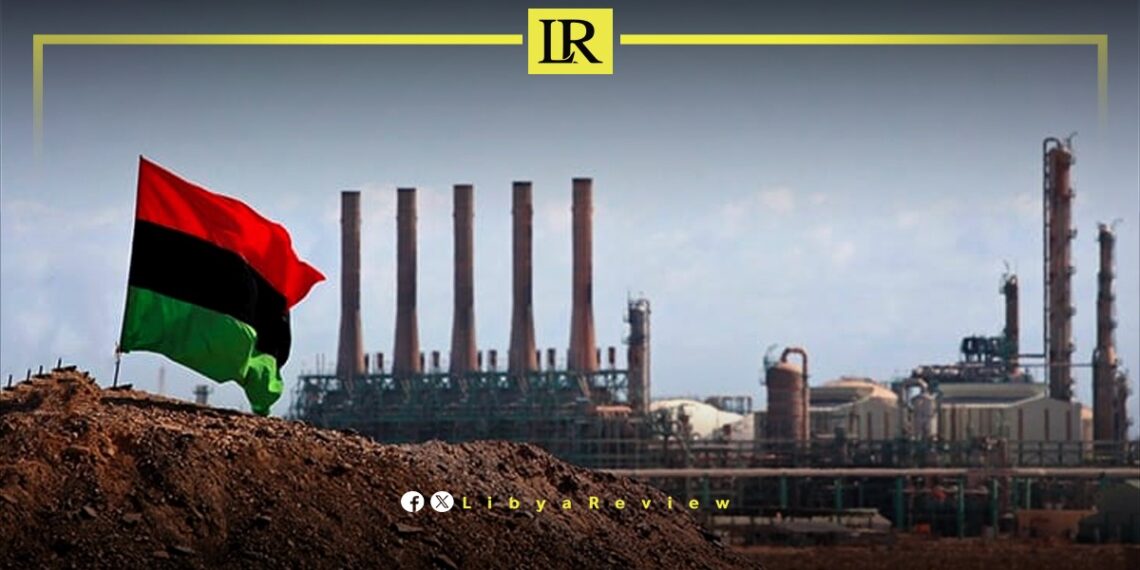Libya’s ongoing political instability has significantly affected its oil production, pushing the country to explore renewable energy as an alternative for long-term energy security.
A report by the UK-based Oil Price website highlights that Libya’s vast desert landscapes provide an ideal environment for solar and wind energy projects.
However, without political stability, attracting investment and implementing these projects will remain a challenge.
The report emphasizes that Libya has immense potential for renewable energy development, particularly in solar and wind power, which could help reduce dependence on oil and support economic diversification.
Given the country’s abundant sunlight and strong winds, Libya could become a regional leader in clean energy if the necessary infrastructure and investments are secured.
To successfully transition to renewable energy, Libya must attract foreign investors who can provide the expertise and financial backing needed to develop large-scale projects.
However, ongoing political divisions and security concerns have deterred many potential investors. The absence of a unified government and clear policies makes long-term investments in Libya’s energy sector risky.
The country’s growing interest in renewable energy aligns with global trends, as many nations move away from fossil fuels to adopt cleaner and more sustainable energy sources. If Libya can stabilize its political landscape and establish regulatory frameworks that encourage investment, it could position itself as a major player in the renewable energy sector.
The report concludes that while Libya has the natural resources and geographical advantages needed to harness renewable energy, the lack of political stability remains the biggest obstacle. Without a secure and predictable environment, international energy firms may continue to hesitate, slowing down the country’s progress toward a sustainable energy future.


